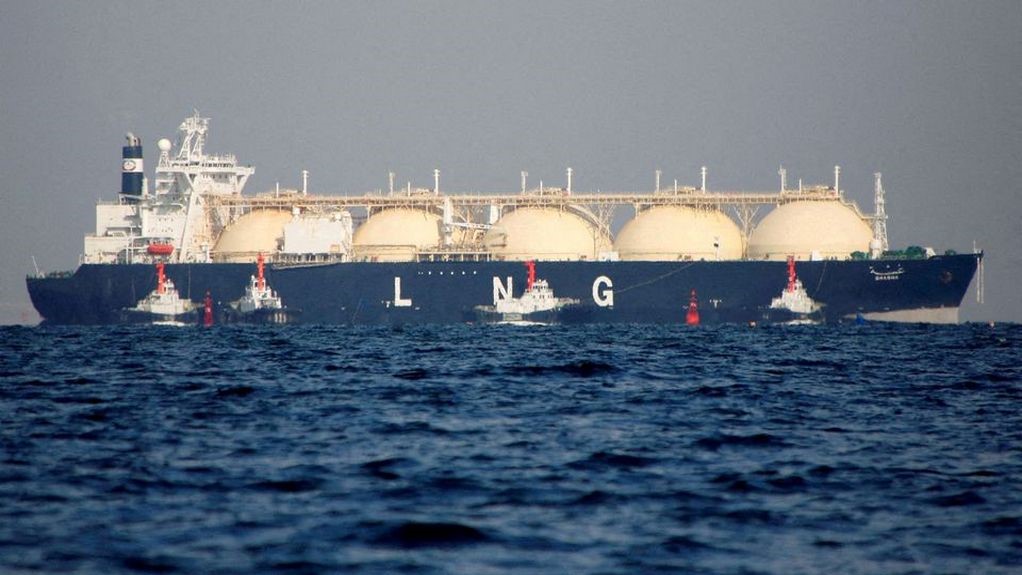Industry coalition SEA-LNG analysis shows that LNG dual-fuelled vessels provide the lowest compliance cost for meeting EU and IMO decarbonisation regulations. Using Z-Joule’s POOL.FM, SEA-LNG has undertaken analysis based on a modelled mid-sized, 14,000 TEU container vessel. This analysis is in the form of both a single vessel and also an eight-vessel fleet operating the Rotterdam – Singapore trade route over the period 2025 to 2040. The full white paper is available for download here.
The analysis focuses on the LNG, methanol, and ammonia fuel pathways and compares their compliance costs against the default of using VLSFO (very low sulphur fuel oil). The analysis uses the specifications for main and auxiliary engines published by the main marine engine manufacturers MAN ES, Wärtsilä and WinDG.
The study indicates that LNG, methanol, and ammonia dual-fuel engine technologies can reduce compliance costs compared with VLSFO, with LNG dual-fuel vessels providing a significantly lower cost compliance solution. The basis for this is that the LNG pathway offers immediate greenhouse gas reductions now and, in the future, compared with the other fuel choices. The use of LNG also dramatically reduces SOx, NOx and Particulate Matter (PM), thereby avoiding the use of relatively expensive MGO (marine gas oil) for ECA (Emission Control Area) compliance.
In terms of fleet operations, for an eight-vessel fleet with two alternatively fuelled “balancing vessels,” the overall cost of compliance with LNG will be between $5 million and $17 million per annum lower than other alternative fuels such as methanol and ammonia. Further, as FuelEU Maritime is implemented from 2025 onwards, fleet operators using ammonia and methanol dual-fuel vessels are likely to need significant quantities of expensive green fuels in an effort to avoid very high penalty charges.
”POOL.FM is a fuel-agnostic model which utilises an advanced optimisation algorithm to determine the optimal fuel mix, pooling strategy, and target speed for each vessel in a fleet (or vessel pool). The regulations currently modelled include CII, ECAs, EU ETS, FuelEU Maritime and Onshore Power Supply (OPS) mandates. Functionality to model possible IMO Market Based Measures (MBM)s is already in place and will be refined as more details about the forthcoming regulations emerge.”
Tags: dualfuel, LNG, Rotterdam-Singapore, SEA-LNG



Recent Posts
Adani launches India’s first hydrogen-powered truck
MAN Energy Solutions Completes Type Approval Test for Upgraded Dual-Fuel GenSet
Global Shipyards Launch Alliance to Accelerate Maritime Sustainability
Port of Antwerp-Bruges Launches Volta 1, Europe’s First Fully Electric Tugboat
CMA CGM Adds Second Methanol-Powered Vessel ‘Argon’ to Its Fleet
Electric Orkney Project Launches Game-Changing Hydrofoil Vessel ‘Zevi 1’
Zeppelin Power Systems Unveils Hydrogen-Powered Fuel Cell Generator in Hamburg
FueLNG Completes 400th LNG Ship-to-Ship Bunkering Operation in Singapore